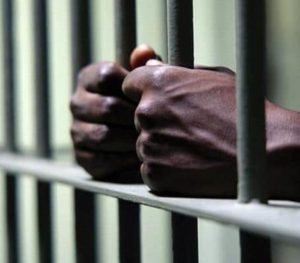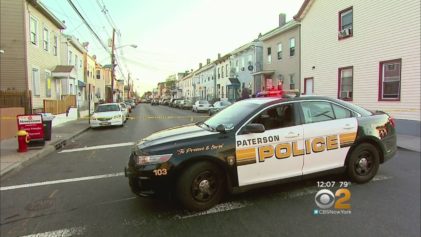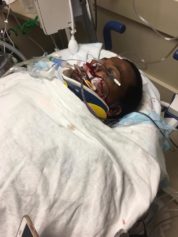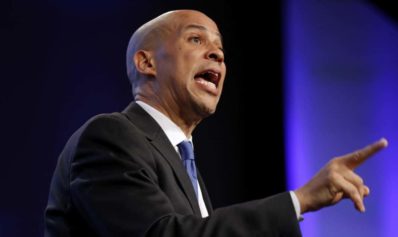
But on Jamesburg’s 150th birthday, a coalition of more than 40 civil rights activists, including the New Jersey Institute for Social Justice, the NAACP, the ACLU of New Jersey and members of the clergy, launched a campaign to close the youth prison as well as its counterpart for girls, the Female Secure Care and Intake Facility.
“One-hundred and fifty years of youth incarceration is enough,” said Ryan P. Haygood, NJISJ president and CEO, in an announcement about the campaign. “We are lifting our collective voices to transform New Jersey’s youth incarceration system into a community-based system of care.”
NJISJ works on issues such as criminal justice reform, economic mobility and community outreach and engagement. The organization’s leaders say racial disparities are widespread in New Jersey’s juvenile justice system. Retha Onitiri, who serves as juvenile justice campaign manager for the group, stated that in the Garden State, “Black youths are 24.3 times more likely to be committed to a secure facility than their white counterparts. New Jersey has the third-highest disparity rate in the nation. Of the 222 young people incarcerated, two-thirds are Black and just 13 are white.”
The Rev. Charles Boyer, long time social justice advocate and pastor of Bethel African Methodist Episcopal Church in Woodbury, N.J., said that he’s disturbed by how differently society treats Black and white children. Boyer leads the coalition known as Salvation and Social Justice made up of New Jersey clergy and civil rights groups that fight structural and institutional racism. He demonstrated outside of Jamesburg on the facility’s 150th birthday in part, he said, because the A.M.E. denomination has a long history of freedom fighters and abolitionists. He considers closing youth prisons to be part of that fight.
“When we look at the prison industrial complex, that’s the definition —profiteering off of young Black bodies,” Boyer said. “Reforming these youth prisons isn’t radical enough. We need to abolish what’s there.”
Onitiri agrees to an extent. She said youth prisons should be abolished in their current state. In doing so, she hopes that state resources are redirected to community programs that better serve young people. But she added that some troubled youths do need robust intervention.
“We recognize some young people still need to be in a secure environment,” she said. “We’re looking for young people to move to facilities that are smaller, closer to home, publicly run and developmentally appropriate that will provide treatment and wraparound services.”
According to NJISJ, community-based programs with an array of services have helped more young people stay on the right track than repeat stints in correctional facilities. New Jersey’s abysmal youth recidivism rate is a major reason the civil rights group launched the campaign to close Jamesburg and “Hayes” (the nickname for the girls’ prison). Onitiri said the recidivism numbers reveal that the current youth prison model isn’t working, as the juvenile justice system’s goal should be to rehabilitate youths and keep them out of prison. Instead of giving them the tools they need to function in society, the prisons appear to be making career criminals of some youths.
“We took a look at the data for 2012 in New Jersey,” she said. “Of the 500 juveniles released, 80 percent had a new court filing and 68 percent had a new conviction. Thirty-two percent were recommitted.”
Boyer likens the disproportionate number of African-Americans in prison to a “new form of slavery,” which is why he champions youth prison abolition rather than simple reform. He said people of all races need to question the system and how it’s failing the nation’s nonwhite youths rather than fear troubled young people.
“One of the worst things we can do is judge our children by the worst thing they’ve ever done rather than the best thing they could ever be,” he said.
Members of the coalition expressed some satisfaction that New Jersey has decreased its youth incarceration rate by 50 percent over the past 20 years, but they believe more can be done to change the juvenile prison system. The coalition plans to meet with community members, stakeholders and lawmakers to discuss ways to shut down correctional facilities for youths and offer community-based alternatives, Boyer said.
“These are not rehabilitation facilities by any stretch,” Boyer said. He said people who don’t understand the history of the 13th Amendment, which ended slavery except as punishment for criminals, may not understand the urgent need to close youth prisons. They tend to think such a suggestion is too radical. “But a lot of people, whether they’re Black or white, who are most educated about mass incarceration and racial inequities, they get it right away,” he said.


